About the CFS Mentoring Program
The CFS Mentoring Program has been developed for foster caregivers by foster caregivers. This is a confidential and no-cost resource for caregivers (including Restricted caregivers) living on Vancouver Island and who hold a Family Care Home Agreement with the Ministry of Children and Family Development or an Indigenous Child and Family Services Agency. A Mentor Coordinator is also available for support.
What is a Mentor?
CFS Mentors are volunteer foster caregivers who have received specialized peer-mentorship training. Mentors have a wealth of knowledge, training and experience earned while working in the foster care system. Mentors provide practical, experiential knowledge and information to foster caregivers. Perhaps most importantly, a Mentor is available to listen to another foster caregiver anytime they feel overwhelmed by their caregiving responsibilities.
Qualities of a CFS Mentor
- Has a positive attitude towards the Ministry and the caregiving community
- Represent a cross-section of the foster caregiving community and levels of care
- Is a good communicator (listener)
- Non-judgmental and open-minded
- Patient and empathetic
- Open-minded
- Skilled and generous with their experiences and time
Some examples of experience that CFS Mentors are
- Working with biological families
- Knowing where to find support in the community
- Championing for children and youth in care to get what they need (at school and with the Ministry)
- Working with children and youth who have experienced trauma
- Connecting with CFS Society
Click the video to listen!
“I felt incredibly supported by Caring Families Society and my mentors, Karyn and Leo Cooper. They are very busy people and yet always made themselves available to me. They instilled a lot of confidence in me and are the very best! Both my mentors and Janet, the Mentor Coordinator, and Dianne the South Island Coordinator, were available, empathetic, knowledgeable, and supportive. I couldn’t have asked for anything more! Thank you!!”
– CFS Mentee
Meet the Mentors


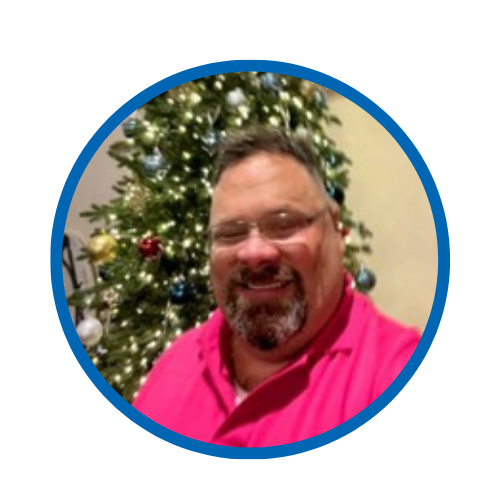
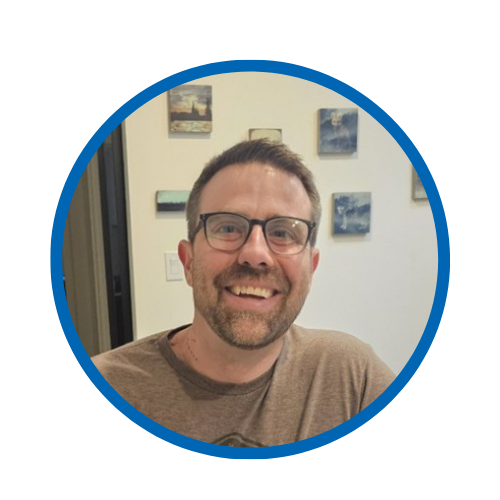
An example of questions you can
ask James include:
What made you decide to
become a foster caregiver?
What do you find most challenging
dealing with youth?
What was it like for you to be a youth in care?
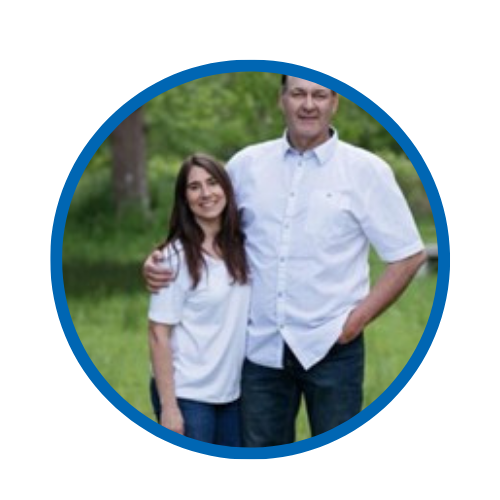
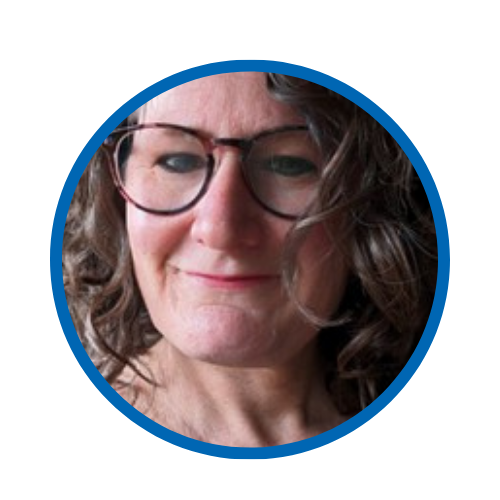
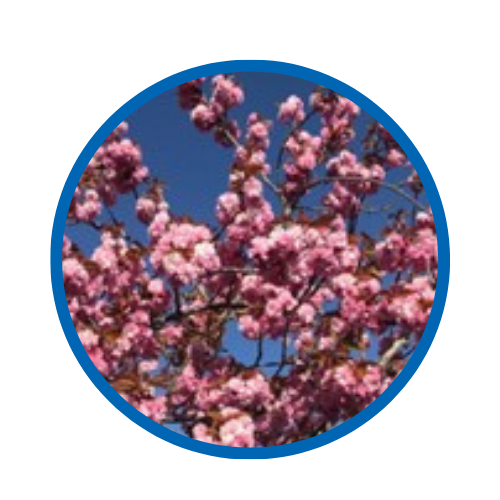
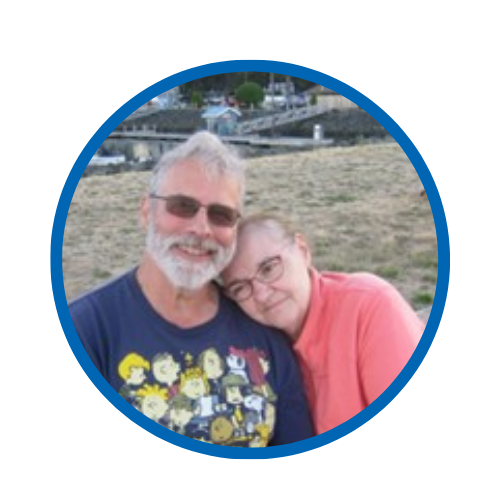
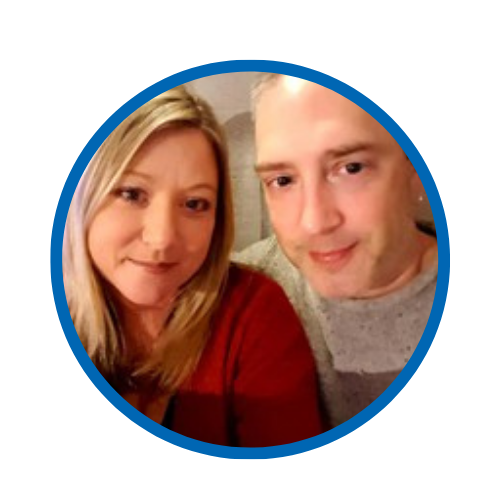

“I love being a Mentor. I truly believe we can all provide better service to the children and families we serve by being connected and supported. This work is extremely difficult and hard on the heart. There is a lot to know and a lot to learn. It is vital that foster parents have someone to talk to and be heard.”
– CFS Mentor
10 Reasons Why a Mentor is an Invaluable Resource
- Mentors know how to advance their fostering career.
- Mentors know how to get the resources they need to care for the child(ren) in their home.
- Having a Mentor is the best free service you can get.
- A mentor can help you make an informed decision.
- A mentor understands your struggles.
- A mentor will help you feel less isolated and alone.
- A mentor shares your values around community.
- Mentors know how to be an integral part of the professional caregiving team.
- Mentors understand foster caregiver standards and resource policies.
- Mentors know how to be an effective advocate for the children in their care.
Why would a foster caregiver want to become a Mentor?
Not everyone will want to be mentor, but mentoring provides an opportunity to contribute to the quality of fostering practice by helping new foster caregivers improve their skills and knowledge and helping foster caregivers remain in fostering.
It is also an opportunity to help current foster caregivers in their own growth and development. Some of the other benefits might be developing their own caregiving skills and being recognized as a role model.
Ministry staff by providing support, clarifying issues, and ensuring that you get the information you need within the time frames.
Recognized as credible liaisons between foster caregivers and social workers.
Sworn to protect your privacy.

How can I apply to get a Mentor?
Applying is easy.
- Prefer to phone? Call us at 778-430-5459 or toll free at 1-888-922-8437.
- Download and complete the CFS Mentor Request (fillable) form.
- Email it to our Mentor Coordinator at mentor@fpss.com.
- The Mentor Coordinator will follow up to schedule a short program orientation and gather a few details so we can make a compatible match.
- Need help with the form? No program email admin@fpsss.com and we can assist.
